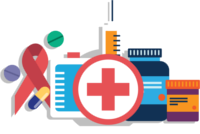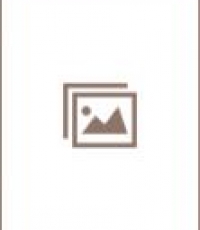
Ababa, Ethiopia – “It is important to strengthen efforts that promote effective diagnosis and uninterrupted treatment of Tuberculosis to realize our aspirations of ending TB for good in Africa”, says African Union (AUC) Commissioner for Social Affairs, H.E. Mrs Amira Elfadil. She further urged that there is need to invest in identified priority areas in public health systems and work across sectors to end the burden of TB in line with African Union (AU) Agenda 2063 and the Catalytic Framework to End AIDS, TB and Eliminate Malaria in Africa by 2030.
“If we continue business as usual, we shall not end TB by 2030 in Africa. AUC is actively engaging with AU Member States to address the gaps and end TB”, H.E. Mrs Elfadil said.
H.E. Mrs Elfadil was speaking at the World TB Day luncheon co-organized by AUC, NEPAD Agency, World Bank (WB) and East Central and Southern Africa Health community (ECSA-HC) on the sidelines of the Specialized Technical Committee (STC) on Health, Population and Drug Control. The luncheon brought together Ministers of Health from AU Member States, Civil Society Organizations (CSOs), development agencies, health professionals, private sector, UN Agencies and those directly affected by TB in the common interest of realizing the dream of an Africa free from the burden of TB.
During the luncheon, WB representative Dr Ronald Upenyu Mutasa pointed out that health systems in many African countries are still ill-equiped to effectively deal with the burden of TB. Hence, the World Bank is supporting efforts to strengthen public health systems, scale up TB surveillance systems within and across national boundaries and also improve occupational health and mine health legislation in several African countries.
“African governments have demonstrated willingness to work across national borders and sectors to address the TB epidemic and underlying health systems challenges”, Dr Mutasa emphasized.
The WB is building on this commitment by supporting efforts for collaboration between regional governments and the private sector to ensure harmonization of TB eradication efforts. The newest example of this collaboration is the USD 122 million funded Southern African Tuberculosis and Health Systems Support Project (SATBHSSP) launched in December 2016 and being implemented by four Southern African Development Community (SADC) Member States: Lesotho, Malawi, Mozambique and Zambia.
Investment in research is one of the key pillars to eradicating TB for good.
World Health Organization (WHO) representative to Ethiopia, Dr Akpaka Kalu delivered a message during the luncheon on behalf of the WHO Regional Director for Africa. Dr Kalu said that there is need to invest in research especially on effective treatment of dormant TB infections. She said that currently for every 10 African people 3 are carrying the bacteria and we have to be able to properly diagnose and treat these dormant infections to improve coverage and eradicate TB. WHO is also working with many partners and stakeholders to improve the quality of medicines, and promote free diagnostics and treatment of TB.
it is possible to work collaboratively to end the burden of TB in Africa and the World for good by harmonizing efforts as guided by regional, continental and global frameworks such as the United Nations Sustainable Development Goals (SDGs), WHO End TB Strategy, AU Agenda 2063, AU Catalytic Framework to End AIDS, TB and Eliminate Malaria in Africa by 2030 and the SADC Declaration on TB, among others.






